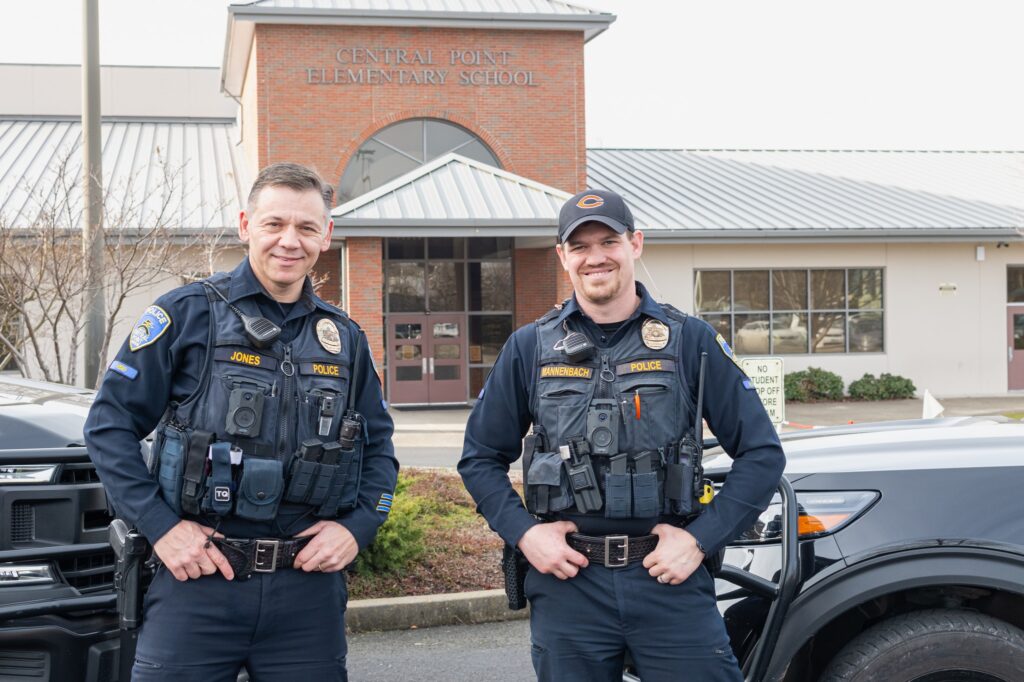Minnesota House OKs school resource officer fix
(The Center Square) – The Minnesota House of Representatives passed a bill to clarify use of force allowed for school resource officers with a 124-8 vote.
The original law banned SROs from…

(The Center Square) – The Minnesota House of Representatives passed a bill to clarify use of force allowed for school resource officers with a 124-8 vote.
The original law banned SROs from using prone restraints that could impair breathing. However, some SROs said the restriction made it difficult to stop fights, and many schools and police departments removed SROs completely.
The bill, House File 3489, aims to provide the clarity law enforcement agencies and school districts sought last fall regarding the use-of-force standard after many schools removed SROs because lawmakers restricted them from using chokeholds to intervene in student scuffles.
“I want to thank all Minnesotans who shared their voices on this issue for their dedication, advocacy, and collaboration in refining the SRO bill for the betterment of our students, educators, and school resource officers,” Frazier said in a statement. “Their expertise will be invaluable as the POST Board develops the ‘model policy.’ This standardized framework will leverage the most effective, research-based practices for safe and dignified intervention, ensuring clarity and consistency for students, parents, educators, and resource officers. The model policy will promote transparency, set clear expectations for all involved and foster accountability through consistent implementation and evaluation.”
The bill seeks to clarify use of force in schools and requires a statewide standard of the basic training required for SROs.
Rep. Ben Bakeberg, R-Jordan, an educator, welcomed the change seven months into the school year.
The bill aims to create a Peace Officer Standards and Training Board model policy. The policy would have minimum standards for proper use of force, response tactics to minimize the use of prone restraints and other physical holds, the duty to render care, and de-escalation methods.
The bill seeks to require the board to develop the policy with impacted Minnesotans including law enforcement, education experts, local units of government, community advocates and organizations representing youth.
The bill moves to the Minnesota Senate for its consideration.



